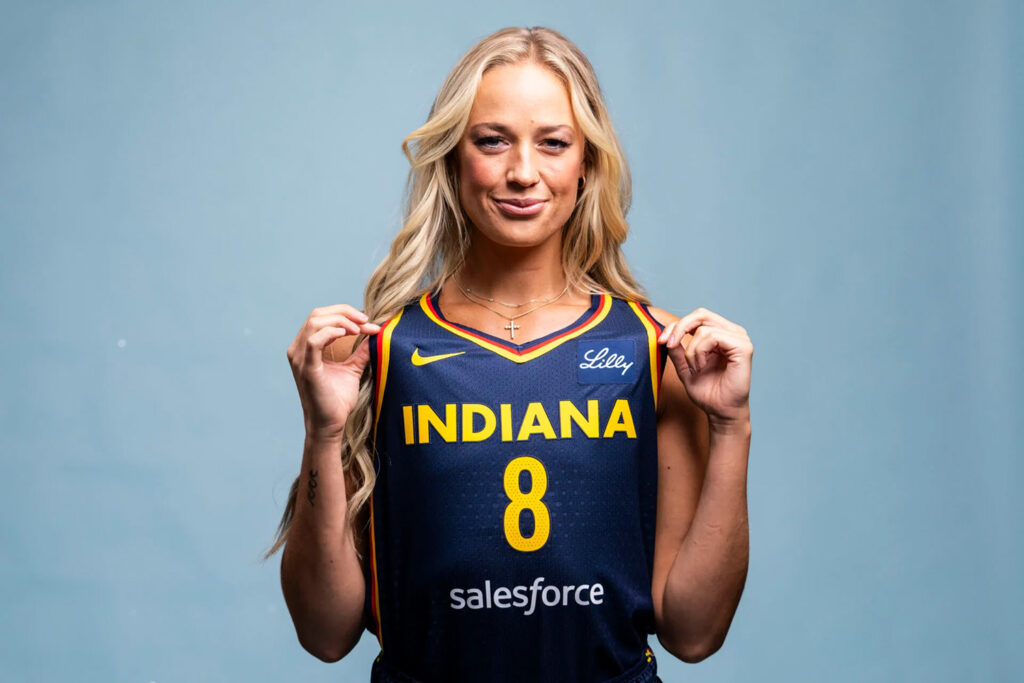The University of Michigan has decided to double down on its rejection of merit.
Prestigious universities across the country are rethinking their decision to remove standardized testing requirements. It would seem no amount of academic bona fides can make up for plain ole’ common sense.
U-M is one of many schools that removed its testing requirement for applicants in the wake of the COVID pandemic, replacing it with a “test-optional” policy. The nationwide lockdowns were a convenient excuse at the time, but the new policy was extended as part of higher education’s broader push for diversity, equity, and inclusion (DEI). Standardized testing requirements, they argue, negatively affect already disadvantaged applicants, including minorities and lower-income students.
But it turns out that removing merit from application considerations not only undermines academic integrity but hurts the very students the test-optional policy was intended to help.
Yale University released a report examining the effects of its own test-optional policy in February and admitted that its refusal to require standardized testing scores ended up giving an advantage to applicants who had the resources and social capital to supplement their applications with testing, volunteering, and additional extracurriculars. Well-off kids hire tutors, invest in test-taking classes and even admissions consultants. Students from lower-income households, meanwhile, struggled to compete and prove their performance was up to Yale’s standards, according to university researchers. It’s almost as if having some sort of objective standard by which to judge students’ academic potential is important.
Yale’s conclusion? “Yale’s research from before and after the pandemic has consistently demonstrated that… test scores are the single greatest predictor of a student’s future Yale grades.” Shocker.
As a result, Yale and several other Ivy League schools—including Brown, Dartmouth, and the Massachusetts Institute of Technology (don’t hold your breath for Harvard)—have reinstated standardized tests.
It turns out that removing merit from application considerations not only undermines academic integrity but hurts the very students the test-optional policy was intended to help.
The University of Michigan, however, is now refusing to admit that it, too, may have made a mistake.
“Our commitment today to a test-optional policy for undergraduate admissions demonstrates our focus on providing access to high-achieving students from all backgrounds,” Adele C. Brumfield, vice provost for enrollment management, said in February, shortly after Yale released its report.
One would think that, given U-M’s desperate efforts to keep pace with the Ivies, it would take advantage of this opportunity to lead from the front of the pack. But apparently a dogged commitment to ideological markers is the bigger priority. (This might explain its recent drop in last year’s global university rankings.)
U-M’s reasoning? “We concluded that a test-optional policy was, at this time, the best reflection of how to ensure access and fairness to a diverse range of U-M applicants,” said Michael Bastedo, associate dean of research and graduate studies.
In other words, U-M is putting its DEI agenda above all else—above its own academic standards and above the best interests of its current and future students.
And this is hardly the first example of the school’s fervor for DEI. The school has more than 500 staffers dedicated specifically to advancing DEI at a budget of $30 million this academic year alone. Back in the 2018-19 academic year, the school employed just 82.
It’s a shame the University of Michigan refuses to recognize the harm its policies are doing to its students, campus culture, and academic mission. Would-be applicants should keep this in mind and realize that the trek to the progressive utopia of Ann Arbor isn’t worth the effort.
Besides, East Lansing’s tailgates are better anyway.
Kaylee McGhee White is the Restoring America editor for the Washington Examiner, a Tony Blankley fellow for the Steamboat Institute, and a senior fellow for the Independent Women’s Forum. She grew up in Detroit and graduated from Hillsdale College. Follow her on X at @KayleeDMcGhee.




